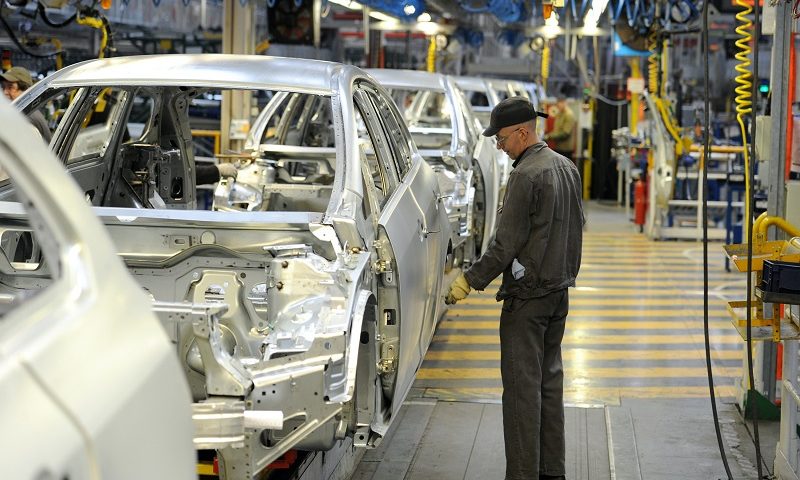The £735m Brexit bill footed by the car industry

UK motoring firms have coughed up a staggering £735 million in their bid to Brexit-proof their businesses.
Latest stats from the Society of Motor Manufacturers and Traders (SMMT) suggest £235 million has been spent in 2020 alone. But are further problems on the horizon? A disastrous ‘no deal’ outcome could see the sector take a whopping £47 billion hit over the next five years.
Preparing for the worst
The SMMT published the new figures as part of a last-chance plea for a zero-tariff, zero-quota trade deal between the UK and the EU.
Although the industry body insists it is doing “everything in its control” to prepare for the end of the transition period, efforts have been hampered by uncertainty.
According to its latest member survey, the mystery surrounding the UK’s future relationship with the EU has left 86% of motoring firms feeling in the dark about what action to take next.
More than two-thirds (67%) of companies across the motoring sector say they’re doing everything they can to prepare for new rules from January 1. The majority (70%) have secured new identification numbers for customs procedures; 60% have spent “significantly” on stockpiling, and 52% have employed customs agents.
Entering the ‘endgame’
SMMT Chief Executive Mike Hawes said: “Securing a deal is absolutely critical but it cannot be any deal.”
Both a ‘no-deal’ scenario or failure to achieve a ‘workable deal’ could cost the industry billions of pounds over the next few years.
Mr Hawes added: “It must deliver for UK products and that means securing the right terms and conditions that allow our exports – now and in the future – to be zero-tariff and zero-quota trade.
“A deal that failed to achieve this would be the equivalent to no deal at all, devastating jobs and slamming the brakes on the UK’s ambitions to be a world-leading manufacturer and market for electrified mobility and battery technologies.”
The Chief Executive explained that the outbreak of coronavirus has already cost the industry £27.5 billion in lost car production and sales.
The SMMT has prepared a 10-point list of ‘automotive urgent preparedness asks’ in order to ensure a viable future. Requests include a one-year temporary grace period for exporters to obtain supplier declarations and more clarity on operations in Northern Ireland.
Mr Hawes added: “As the UK-EU FTA (free trade agreement) negotiations enter the endgame, now is the time for both sides to deliver on promises to safeguard the automotive industry.”
Do you have plans to buy a new car in the near future? According to research, the majority of us still want to test-drive before we buy, despite new virtual viewing possibilities.


